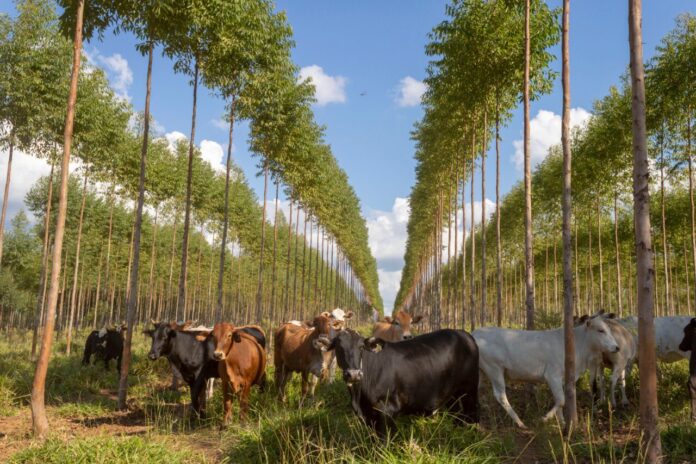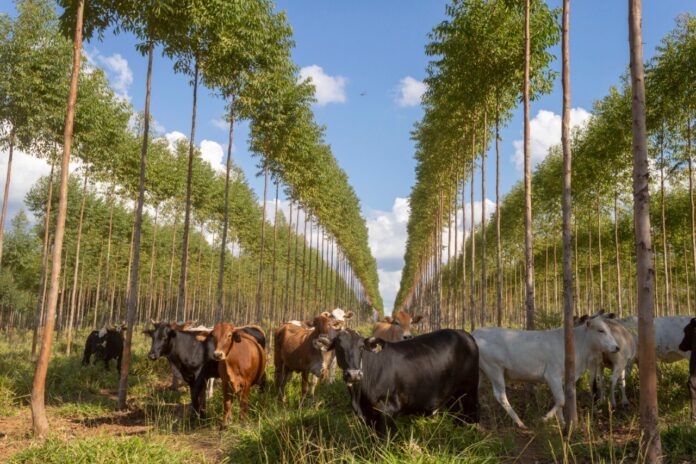Asunción, Agencia IP.- On Thursday, July 18, in the meeting room of the Board of Directors of the Rural Association of Paraguay (ARP), a conversation on «Sustainable or Regenerative Livestock Farming» will take place as part of Expo 2024.
Organized by the Tropical Forest Alliance, this event will feature Manuel Gómez, a representative of the Colombian Cattle Ranchers Federation (Fedegan). The session’s main objective is to share the results and lessons from the Colombian experience in implementing sustainable and regenerative livestock farming practices.
Sustainable livestock production focuses on meeting the needs of animal breeding for food while minimizing negative environmental impacts. In contrast, regenerative livestock farming aims to restore soil fertility and nutrient, energy, and water cycles through planned rotational grazing, genetic adaptation of livestock to local conditions, habitat restoration for wildlife, and erosion prevention. This approach is not only beneficial for the environment. Still, it can also improve producers’ quality of life and ecosystems’ health.
The event will be highly interactive, beginning with a participant reception, followed by a welcome and introduction by Manuel Gómez. Subsequently, the speaker will present the Colombian experience in sustainable livestock farming. This presentation will be followed by a lively dialogue and question session, where participants can actively share their insights and inquiries. The day will conclude with a summary of the most essential points, conclusions, and next steps, and a networking session accompanied by refreshments.
Participation in this conversation is crucial in identifying stakeholders interested in regenerative livestock farming in Paraguay, validating the central guidelines of the process, and integrating and addressing the different aspects involved in its feasibility. This event is a significant step towards opening new perspectives for the sustainable development of livestock farming in Paraguay, highlighting the opportunities and benefits of applying these practices in the country.






